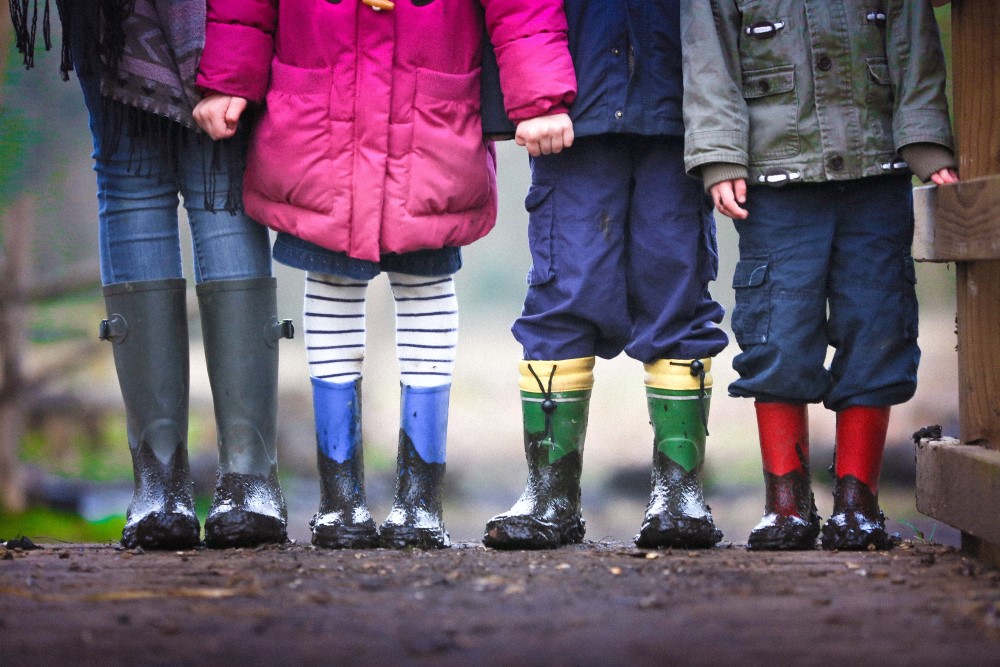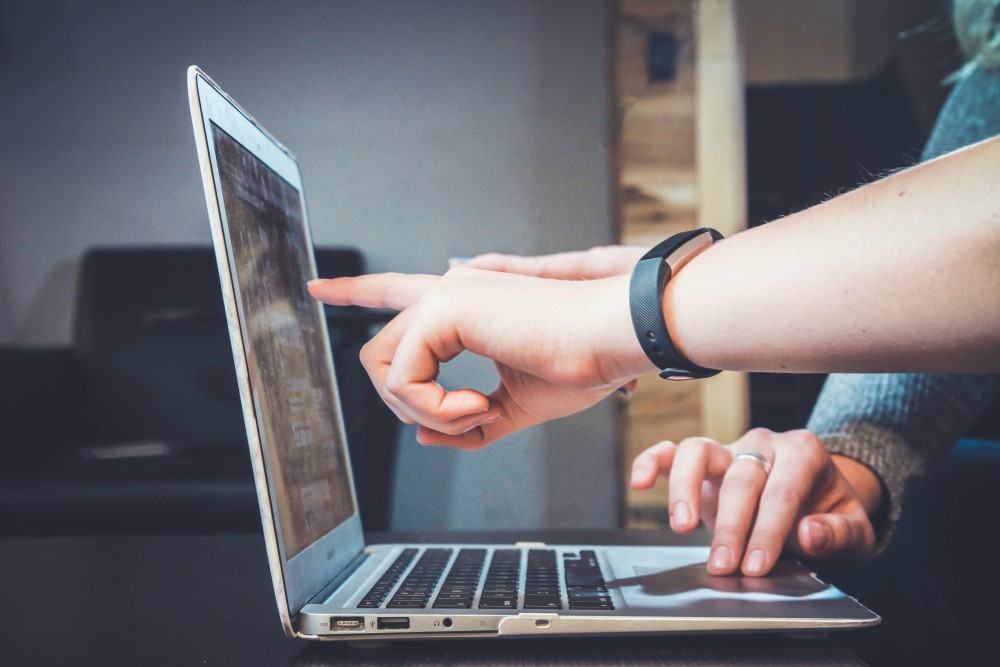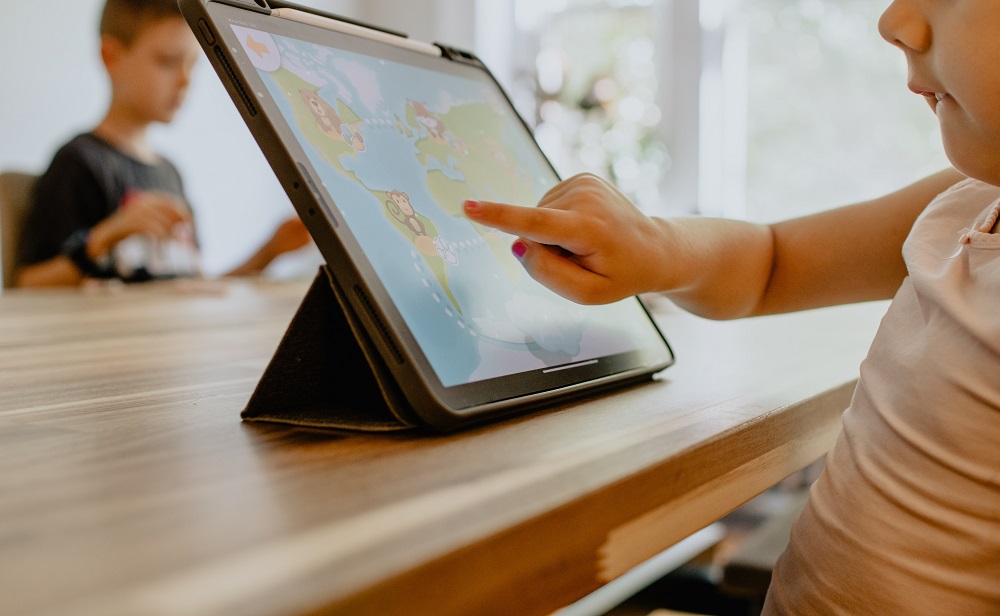As a teacher, you are probably already be aware of the experiences that your pupils are having. You know your pupils, and unfortunately because this is not the first national lockdown to happen in recent times, it is likely you also have a pretty good idea about the challenges they will face when returning to school.
Whilst teachers are experts at teaching (you’ve likely been doing this every day for years!), supporting children through a worldwide pandemic is something new to all of us.
One size will not fit all
Different pupils within the same class will have had different experiences during the pandemic. Some children will have had a huge amount of parental support during this time (both emotional support and academic support), whilst other children will have had very little. For some children time at home with their parents will have been amazing (especially if their parents were furloughed and were able to spend quality time with them), for others, the experience may unfortunately have been a negative one. This will inevitably mean that your pupils will have varying levels of coping skills and resilience. Having an open mind about what pupils may be going through and how they will be coping with yet another set of changes will be important.
Learning may have to wait
Although this is not necessarily what teachers will want to hear (as I am sure the pressure to help children catch-up with their learning will be immense), pupils may not feel able to learn at the same pace as they have done previously, and some may show disruptive behaviour.
Disrupted ability to focus is a common experience for children and young people who have experienced trauma or bereavement. It may sound like a dramatic use of language, but it needs to be acknowledged that bereavement in this context does not just refer to loss of people. There is a real need to process and grieve the loss of the life we had before Covid. The trauma of having our entire way of life changed for a prolonged period of time, with no certainty about when this may end will be (and continues to be) extremely difficult for many.
Whilst we anticipate that lesson time might feel challenging for pupils as they are asked to focus on learning whilst the pandemic continues, it is also important to remember that unstructured time in school hours (break and lunch times) may also be a difficult time for some children.
What can you do to help?
Acknowledge what has happened – whilst dwelling on the situation may not be helpful, it is important that we acknowledge the scale of what we are going through. Things have been uncertain for so long and will continue to be uncertain for some time yet and it is important to find a balance between respecting the enormity of the situation without sensationalising or dwelling on it. Be clear with pupils about what is known – some pupils may not be as well informed by their caregivers about the situation as others. Clarity about what is happening and what changes are being made may be useful to pupils. Often, it’s the fear of the unknown which is more unsettling than the actual knowing (even if what’s going on is scary and unpleasant).
Let them talk
Your pupils are bound to have lots of thoughts, questions and worries about the virus. Of course there is a need to help pupils catch up on the learning they have missed, but balancing these more academic lessons with creative and supportive sessions to help them explore their feelings in a safe environment will be essential to their emotional well-being. Extended whole class ‘circle time’ sessions can be a helpful way to share experiences and re-establish skills like listening to others, turn-taking, and concentration.
Be positive
Whilst it is important to acknowledge the challenges and losses that we have all experienced during this pandemic, a positive approach to the future will be helpful. Focusing on looking to the future with confidence may help alleviate some of the worry your pupils’ experience. Initiate discussions around positive things to have come out of this situation and ask them to consider how we might keep some of these goods things going. For example, people have been using their cars less and pollution has gone down- we could commit to walking and cycling more. Perhaps they have discovered a new hobby they enjoy or developed a new skill they can carry on with. It is important to emphasise that recognising the positive does not invalidate or downplay the negatives.
Build connections
A sense of belonging to the school community and connection with others is one thing your pupils may have lost due to restrictions and lockdowns. An activity that a whole class can take part in might be useful in helping to rebuild pupils’ sense of connection to each other and the school. Activities that involve all the pupils and allow them to focus on their strengths will be particularly helpful.
One nice idea is to create a whole class art project where each child works on their small part and when they are all put together it makes one piece of artwork. This type of activity is particularly good as art can be a great way for children to express themselves, and once the project is completed, it will serve as a very visual reminder that they are all part of something larger.
Be mindful
Your pupils are likely to be dealing with more worries, thoughts and stress than usual during this time. Mindfulness is a valuable skill to help them manage and navigate those feelings. Some skills can be practised as a class and don’t need much in the way of resources, such as breathing exercises, yoga for children, or meditation. You could also take a look at some other mindfulness activities for children such as mindfulness colouring, puzzles and listening to music whilst scanning their body for feelings and sensations.
Look after yourself
Teachers are asked to take responsibility for the wellbeing of others. In these particularly challenging times, this can cause a massive strain on your own mental health. To best support your pupils, it is also important that you also take care of your own wellbeing.
Returning to school will bring out a huge mix of emotions in everyone. Know that not all your pupils will feel the same way about returning to school and that it may take time to settle back in. Don’t fight it, let the process happen and do your best (as you always do) to support your pupils through this time of transition – the learning will come!
More information
If you would like to know more about how we can support you with the return to school, please contact us.

 Australia
Australia Canada
Canada LATAM
LATAM New Zealand
New Zealand UAE
UAE United States
United States








